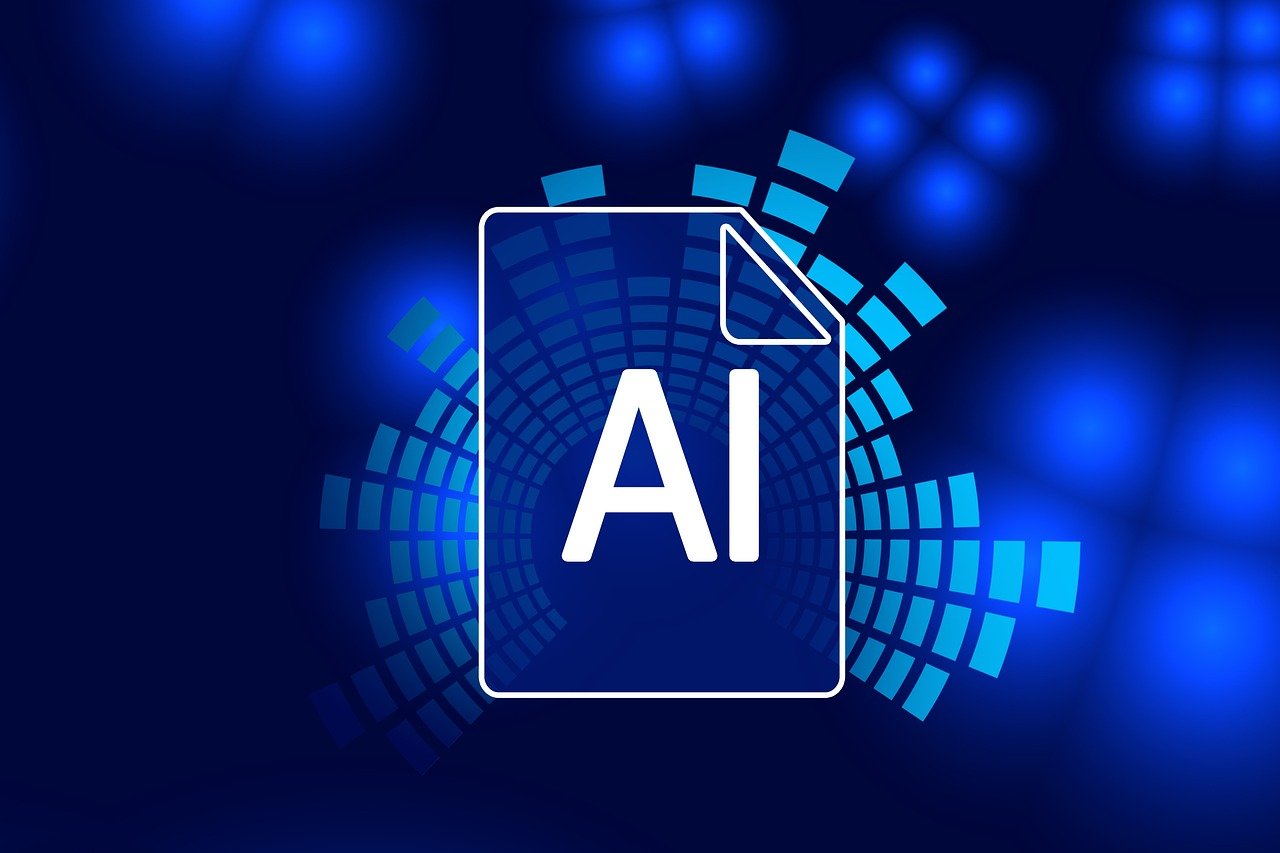AI and Quantum Computing: The Convergence of AI and Quantum Computing
As we march towards a future intertwined with technology, the convergence of AI and quantum computing stands as one of the most exciting frontiers. This powerful combination promises to redefine what’s possible, unlocking new potentials and solving problems previously deemed insurmountable.
What is AI and Quantum Computing Convergence?
Imagine AI as the brain that can learn and make decisions, and quantum computing as the turbocharged engine that can process complex calculations at lightning speed. When these two come together, the result is nothing short of revolutionary. Quantum computing leverages the principles of quantum mechanics to perform computations exponentially faster than classical computers. On the other hand, AI uses machine learning to analyze vast datasets, recognize patterns, and make predictions. Together, they can enhance each other’s capabilities, leading to unprecedented breakthroughs.
Potential in the Next 2 to 5 Years
In the next 2 to 5 years, the union of AI and quantum computing will likely transform various industries. We can expect advancements in quantum machine learning, where quantum computing is used to train AI models more efficiently and accurately. This could lead to faster drug discovery, improved climate modeling, and enhanced cybersecurity measures.
Tools to be Used
To harness the power of AI and quantum computing, several tools and languages are being developed:
- Qiskit (IBM): An open-source quantum computing software development framework that allows users to create and run quantum algorithms on IBM’s quantum processors.
- Q# (Microsoft): A programming language designed for developing and running quantum algorithms.
- Cirq (Google): A Python library for writing, manipulating, and optimizing quantum circuits, and then running them on Google’s quantum processors.
- TensorFlow Quantum: Integrates quantum computing algorithms within TensorFlow, a popular AI framework, enabling the development of quantum machine learning applications.
Solutions and Applications
- Drug Discovery: By simulating molecular structures with quantum computers, researchers can identify potential drug candidates more quickly and accurately, accelerating the development of new medications.
- Optimization Problems: Quantum computing can solve complex optimization problems in logistics, finance, and manufacturing, leading to more efficient operations and cost savings.
- Machine Learning: Quantum-enhanced machine learning models can improve the accuracy and speed of predictions, benefiting various fields such as healthcare, finance, and climate science.
Companies Working on This
Several leading companies are pioneering the convergence of AI and quantum computing:
- Google Quantum AI: Google is developing quantum processors and exploring their applications in quantum machine learning and beyond.
- IBM: IBM is building scalable quantum systems and integrating them with AI to solve complex problems.
- Rigetti Computing: A startup focused on building quantum computers and developing quantum software to harness their power.
- IonQ: Specializes in trapped ion quantum computing technology, offering quantum computing as a service.
- Quantinuum: A joint venture by Honeywell and Cambridge Quantum Computing, focusing on delivering practical quantum computing solutions.
Is This Possible?
While the convergence of AI and quantum computing is still in its early stages, it is undoubtedly possible. The progress made in both fields is promising, and the collaboration between AI and quantum computing holds the potential to bring about groundbreaking advancements. There are challenges to overcome, such as error correction and scalability, but the potential rewards are immense.
What’s Next in the Next 5 Years
- Increased Integration: Expect to see more integrated solutions where quantum computing and AI work seamlessly together to tackle complex problems.
- Advancements in Quantum Hardware: Continued improvements in quantum hardware will lead to more stable and scalable quantum computers.
- Commercial Applications: More industries will begin to adopt quantum computing and AI solutions for commercial applications, from logistics to pharmaceuticals.
- Enhanced Research Collaboration: Increased collaboration between academia, industry, and government entities to push the boundaries of what’s possible with AI and quantum computing.
- Education and Workforce Development: Expansion of educational programs and training initiatives to prepare the next generation of quantum and AI experts.
By diving into this brave new world, we stand on the cusp of a technological revolution that could redefine our understanding of computing and problem-solving. The future looks incredibly bright, and the journey has only just begun.

